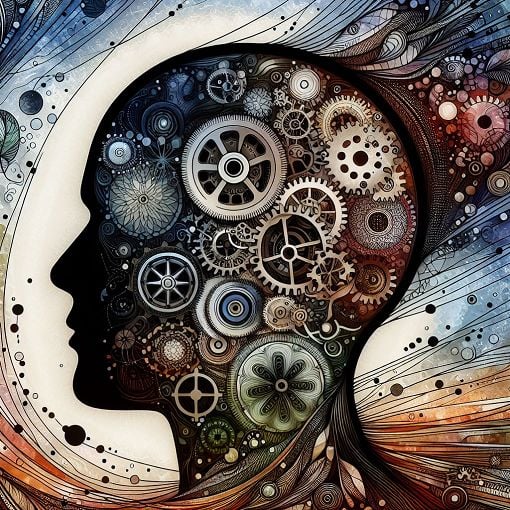Week 2: Transformation
{"name":"Week 2: Transformation", "url":"https://www.quiz-maker.com/QPREVIEW","txt":"Discover how our thoughts, biases, and resources influence personal transformation. This engaging quiz will challenge your understanding of concepts related to growth mindset, the brain's adaptability, and the factors that contribute to flourishing in life.Test your knowledge on key psychological principles.Learn about the interplay between nature and nurture.Explore personal and contextual resources essential for transformation.","img":"https://cdn.poll-maker.com/104-5108794/img-w1vbl6fcm6hheqenwxbz5acm.jpg"}
More Quizzes
Identifying attitude components
5248
Week 6: Mindfulness
13621
Parallelism
1057
Какво знам за кирилицата?
1360
Demon Test: Which Type Are You?
201016621
Guess the Drug: Generic Names Trivia
201016621
7 Minutes in Heaven - Find Your Perfect Match
201017966
What Does LMAO Stand For? - Test Your Slang IQ
201019135
Gap Filling Class 9 - Integrated Grammar (Free)
201023177
CNA Chapter 5 Exam Answers - Free Practice
201017419
Is He the One - Find Out If He's Right for You
201018184
UK Recognised Spelling - British vs American
201019573
